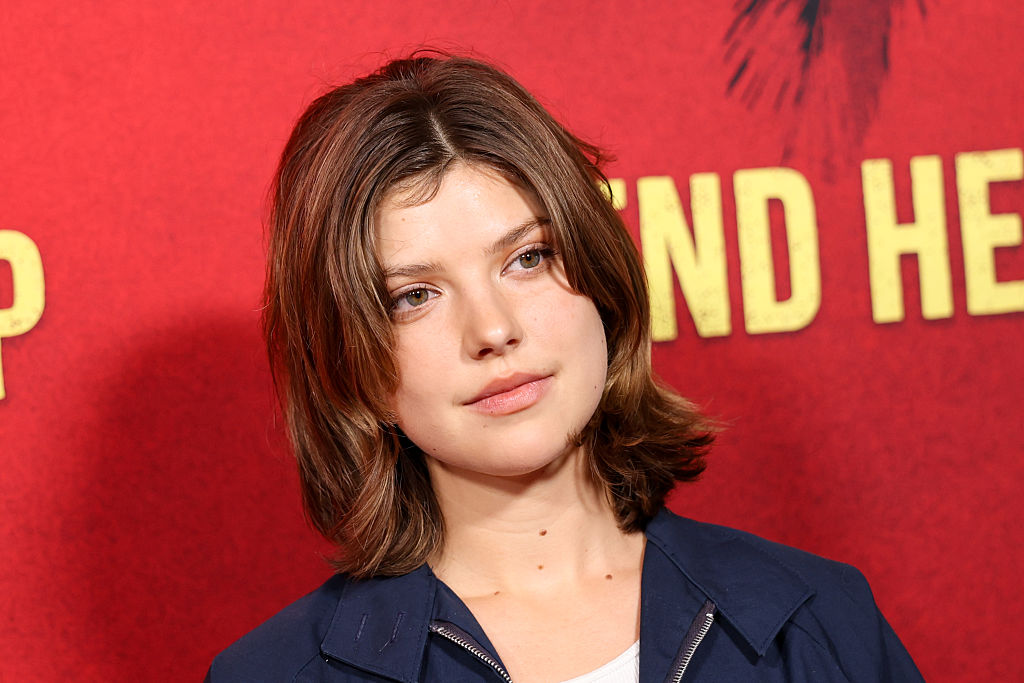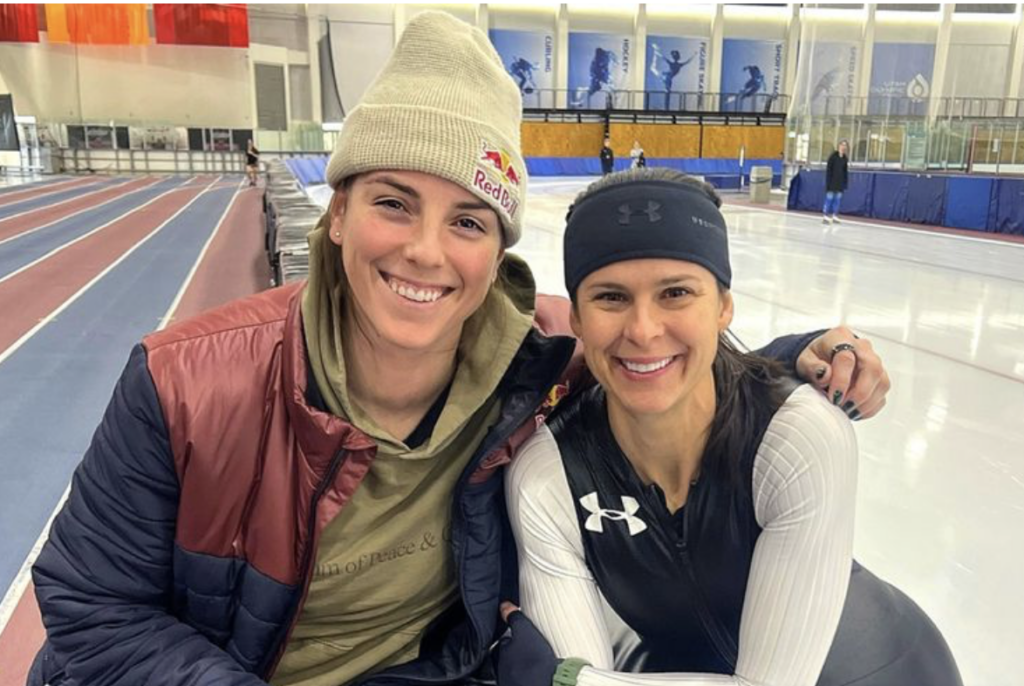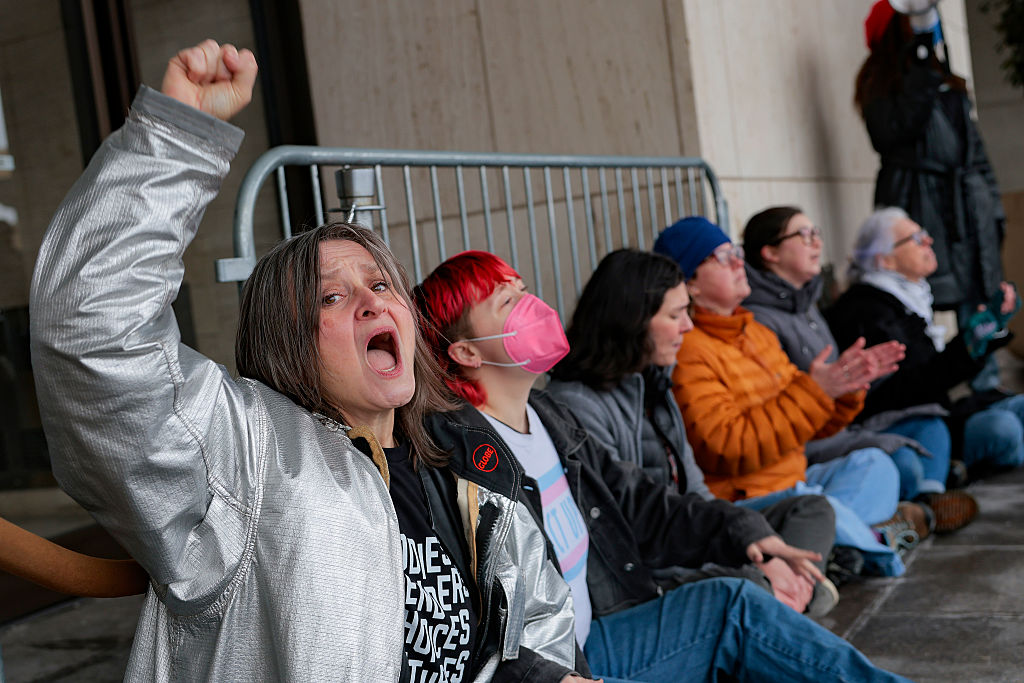You Aren’t Alone: These LGBTQ+ Self Help Accounts Have Your Back

Extended time spent at home means that we’re locked into our screens more than ever, and social media has become the place we turn to for, well, everything.
As palm reader Madame Vivelda (an instant Kate McKinnon-classic) recently showed us on “Saturday Night Live,” there are many things about 2020 we couldn’t have predicted last year. And while there’s definitely humor to be found in the absurdity of living through a heated presidential election and its aftermath while trying to stay afloat in a pandemic, many people are seriously struggling.
Extended time spent at home means that we’re locked into our screens more than ever, and social media has become the place we turn to for, well, everything. From yoga classes to checking in with friends, and from living room concerts to anti-oppression resources, Instagram wants to be your one-stop-shop, and it often is.
It comes as no surprise, then, that, in the midst of all our current turmoil, accounts dedicated to mental health are on the rise. Whether the advice comes from someone dressed in drag or is packed into rainbow-colored slides, there are plenty of virtual spaces where coaches and therapists give tips about boundaries, anxiety, and depression while chipping away at taboos around eating disorders and trauma healing.
Keeping in mind that the folks behind these accounts are speaking to a crowd and not an individual and that self-help content created for Instagram could never replace therapy with a licensed professional, conversing openly about mental health online can decrease stigma. In turn, less shame around mental health issues could encourage people to seek more specialized help. And for those who have lost access to therapy during the pandemic, reading daily reminders that make them feel supported and heard can help combat feelings of isolation.
Whether you need comfort, some motivation to kick an old habit, want to get educated about trauma responses, or are looking for inclusive sex advice, this list has got you covered.
View this post on Instagram
Licensed social worker and trans drag performer Alex Jenny, known online as The Drag Therapist, shares gorgeous pictures accompanied by meditations on trans visibility and owning your own space. Interspersed with informational slides (“Reasons Why Survivors Self-Blame”) and short videos (“Ask The Drag Therapist: Managing Fears”), this account is both educational and fun to look at — and that’s the point. “I hope to demystify the work of therapy through my social media engagement,” said Jenny in an interview earlier this year.
View this post on Instagram
Non-binary autistic therapist Sonny Jane values the power of lived experience and wants to eliminate the stigma of therapists who live with mental illness. They actively encourage their followers to seek therapy beyond the online world, providing helpful tips on how to find the right person for that and what questions to ask during a first session. As they put it: “Your therapist can be amazing and still not be amazing for you.” While Sonny Jane recognizes the limits of Instagram when it comes to mental health, they applaud the fact that it provides a great opportunity to learn from lived experience.
View this post on Instagram
Dr. Jennifer Mullan is a psychologist and author who believes everything is political, and her popular account reflects her commitment to honoring our ancestors, grief, and rage, as well as creating a space where ancestral trauma can be expressed. She guides followers firmly in the direction of their own healing by encouraging Black and Brown folks to hone in on what they need: “Where have you learned to abandon yourself in order to “help” others? And Why? What you gonna do differently?”
View this post on Instagram
Non-binary counselor-in-training Haley has amassed a following by posting content that blends political activism and awareness with mental health knowledge. “All that I do is centered on the following values; anti-white supremacy, anti-capitalist, anti-oppressive, anti-fascist, fat liberation, disability justice, HAES, mad pride, sex worker positive, sex positive, pro-kink & BDSM, polyam positive, queer and trans affirming, anti-classist, & inclusive and accessible. Of course, I will never be perfect – but these are the values I aim for,” they state. Through their clearly worded posts, Haley encourages followers to examine their beliefs around body image (especially fatphobia and diet culture), queer identity, race, and privilege.
View this post on Instagram
Alishia McCullough is a Licensed Clinical Mental Health Therapist who centers the intersectional narratives of Black and Brown folks experiencing mental and emotional distress in her work. She co-founded the #amplifymelanatedvoices challenge and speaks honestly about fatphobia, oppression-related fatigue, racism in the workplace and the difference between intent and impact. “For a long time, I was shrinking myself and playing small. I thought that I didn’t have anything important to say or contribute because I did not see people who looked like me that were outspoken,” she recently shared with her followers. “What’s one way that you can do to take up more space in your life today? How are you centering QTBIPOC need to take up space?”
View this post on Instagram
Dan Lynn is a queer, Chicanx, trans/non-binary community facilitator who works in transformative justice and has their roots in the Body Liberation Movement. Expect posts about resisting perfectionism, figuring out how to take care of yourself while experiencing discomfort, and how to improve communication in all relationships and areas in your life. In their Story Collections and recurring posts called “Hard Talks,” Dan Lynn navigates difficult topics by interacting with their community of followers.
View this post on Instagram
Started by a queer femme LCPC (Licensed Clinical Professional Counselor), this account focuses on educational content about sex and intimacy, and frequently touches upon gender identity and trauma responses. From learning about muffing to discussing the heteronormative roots of infidelity, Casey Tanner tries to inform and educate. But, she warns in a recent post, Instagram definitely has its limits: “Every single thing I post about could be its own article, its own book, its own course. And perhaps it should be. I do the best I can to take BIG concepts and make them digestible in a four inch square. But what is digestible is also often incomplete.”












